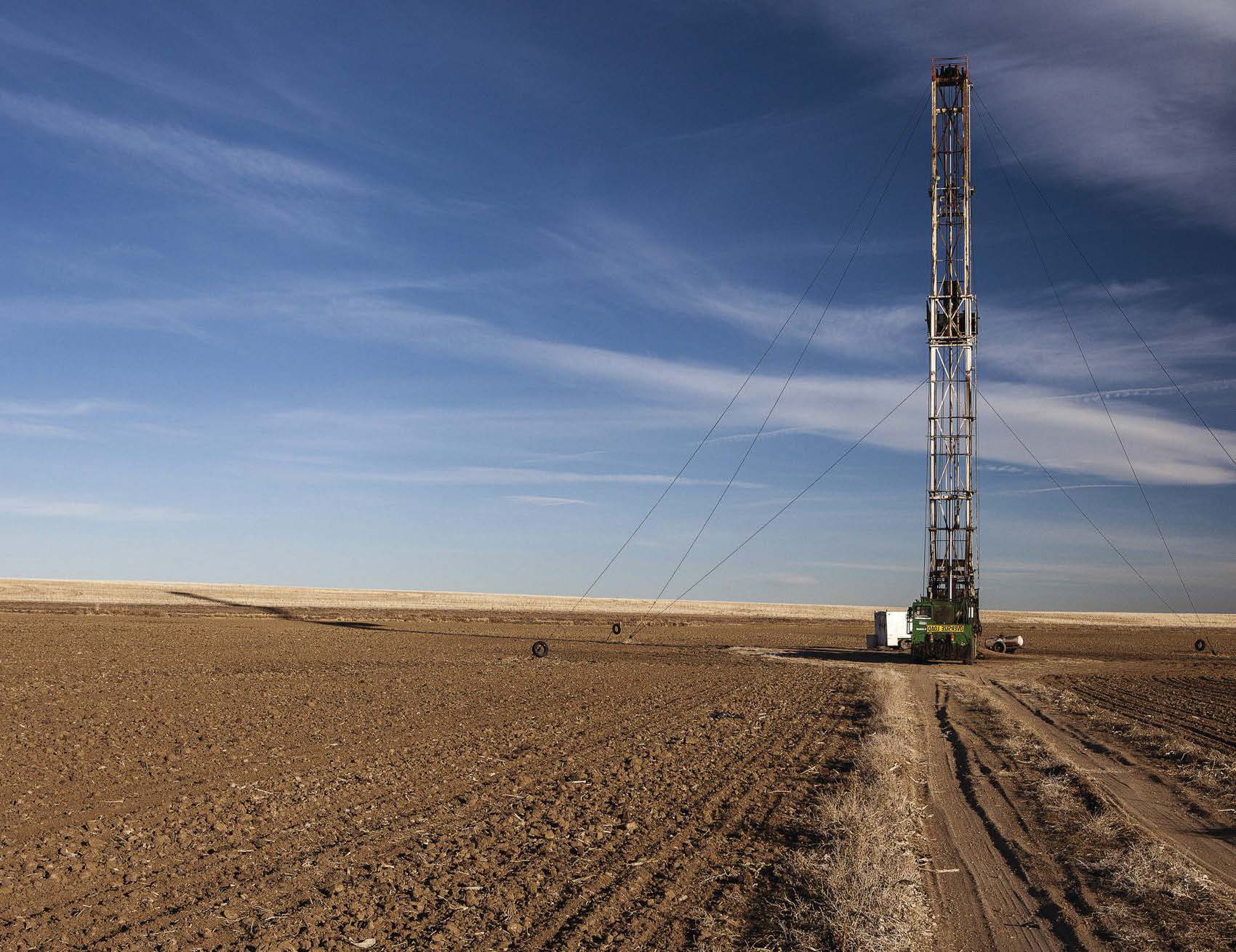Drill, baby, drill redux
Dr. Robert M. Gresham, Contributing Editor | TLT Commentary May 2016
A clear-as-crude look at how oil prices have affected recessions.

© Can Stock Photo Inc. / LonnyGarris
IN AS MUCH AS THE OIL INDUSTRY HAS CONSIDERABLE IMPACT ON THE LUBRICANTS INDUSTRY, I feel compelled to read various articles on the general subject. According to Donald Luskin, Trend Macrolytics, LLC, writing in the Wall Street Journal in January, there is indeed evidence that the global economy is slipping into recession (
1). There is concern that the continuing low prices of crude oil, brought on by the high production rates in the Middle East and the fracking boom in the U.S. and other countries, is the cause of this apparent trend toward a global recession.
If this is indeed the result, this could be the first recession brought on by low or falling oil prices; historically the reverse has been the case. High oil prices were among the leading causes of the following recessions: 1973-1975, 1980-1981 and 1990-1991. However, as is always the case, global market forces sort things out over time, and oil prices presumably will increase to some level as producers and others (including countries), whose business models are based on high oil prices, go out of business in one way or another and new business models take over.
These current low prices, say some analysts, are driven by politics in the Middle East and a downturn in China, both of which are pretty temporary and will fluctuate as we have seen long term. But the impact of America’s technology breakthrough with horizontal drilling and fracturing is something of an energy game changer.
Some of the long-term impacts (and unintended consequences) are simply unknowable, especially in terms of timing and degree. Luskin’s article (
1) says, “Fracking is to the global oil industry what Uber is to taxi medallion owners: great for consumers who enjoy the sudden abundance, deadly for incumbents whose business models were built on exploiting scarcity.”
So let’s take a look at some possible technical outcomes. First, shale formations exist in much of the world. Thus, as the technology spreads to other countries, much of their energy needs can be met with relatively inexpensive crude oil that they themselves produce. So-called Third World developing nations will have a significant boost in the quality and timing of their own development. I hope they will use this boost wisely.
Because of crude oil’s high energy density and now growing availability, energy from crude oil will be around for a very long time. Thus, some of the implications are that wind turbines, solar panels, possibly coal and the burning of our food (ethanol from corn) could either go away or shrink back into specialized or niche markets where they still have economic viability. Additionally one would expect a more rapid growth in global energy consumption from crude oil, especially in developing, pro-growth oriented countries.
One of the obvious negative implications of this will be rapidly increasing pollution from crude oil-derived energy generation. This primarily will be in the form of thermal and carbon pollution. We have the technology to knock down most of the potential other pollutants if we have the will. However, we need to rapidly fund research in how to manage thermal pollution and carbon capture and recycling. NSF says they only want to fund projects that have the potential to “Transform the Frontiers of Science and Engineering” through its funding activity. Well, here’s an opportunity to do just that. This will need some serious attention—we are not close.
Another possible scenario is the development of battery technology to enable widespread use of electric vehicles. Imagine if we had a technological breakthrough in battery technology comparable to fracking. The effect could be reducing pollution from millions of mobile, small-point source polluters, leaving us to focus on large, static polluters in the power industry. This is an easier problem to solve and manage if we also can have a breakthrough technology in carbon capture and recycling. Again, battery technology is another opportunity for organizations like NSF to fund a technological transformation.
So the crude oil industry likely will have a long-term, busy global future as they “Drill, Baby, Drill.” Meanwhile, the rest of us have some catching up to do.
Of course for the community of tribologists and lubrication engineers, we necessarily will have a role to play developing and implementing enabling technologies to help bring the needed pollution control technologies into reality, and who knows what else.
REFERENCES
1.
Luskin, D.L. (2016), “The recession caused by low oil prices.” Available at
www.wsj.com/articles/the-recession-caused-by-low-oil-prices-1452211556.
 Bob Gresham is STLE’s director of professional development. You can reach him at rgresham@stle.org
Bob Gresham is STLE’s director of professional development. You can reach him at rgresham@stle.org.